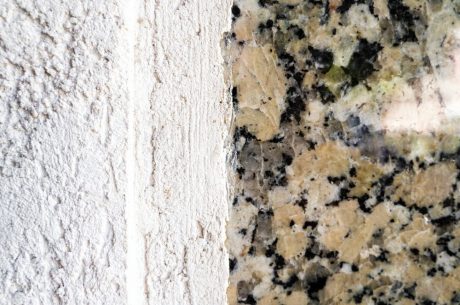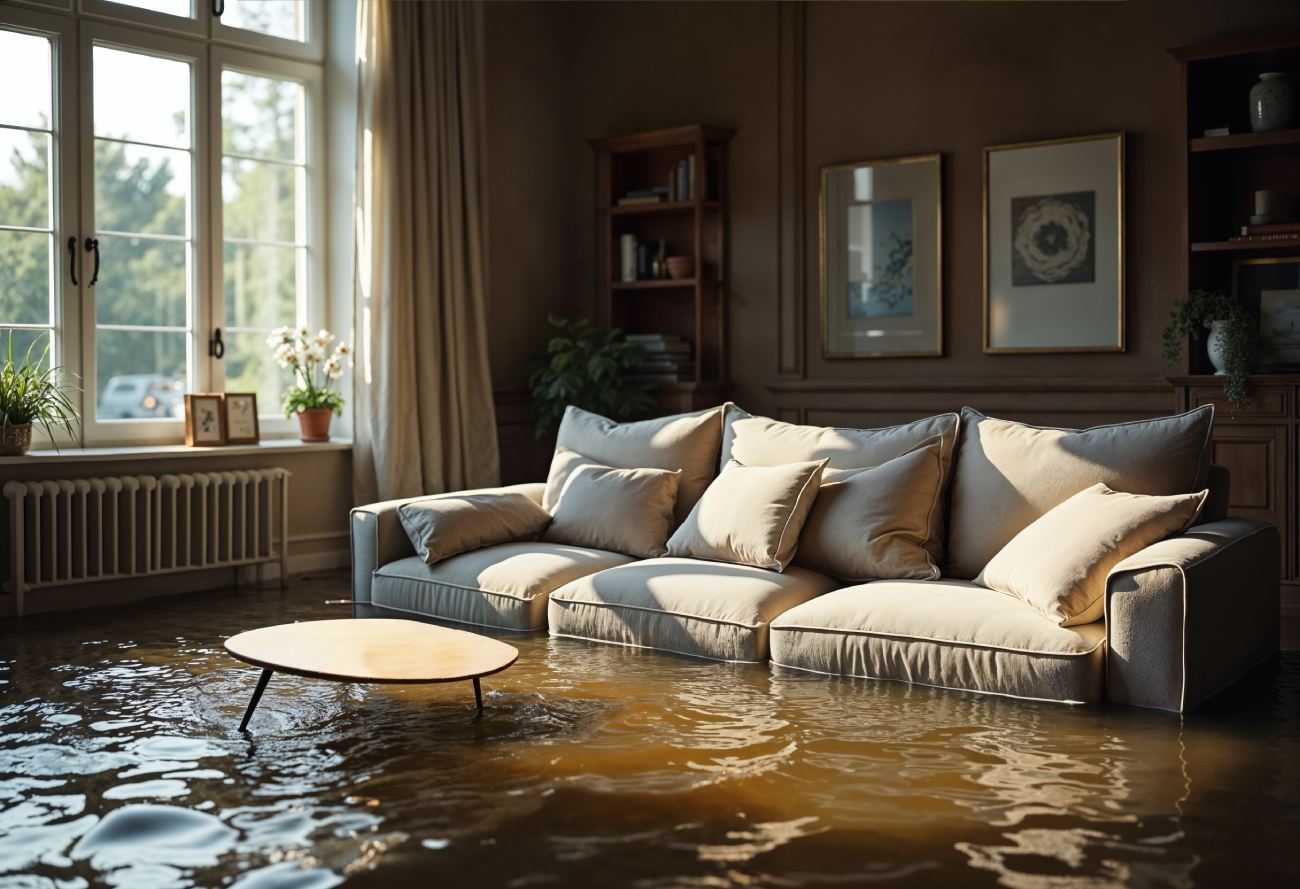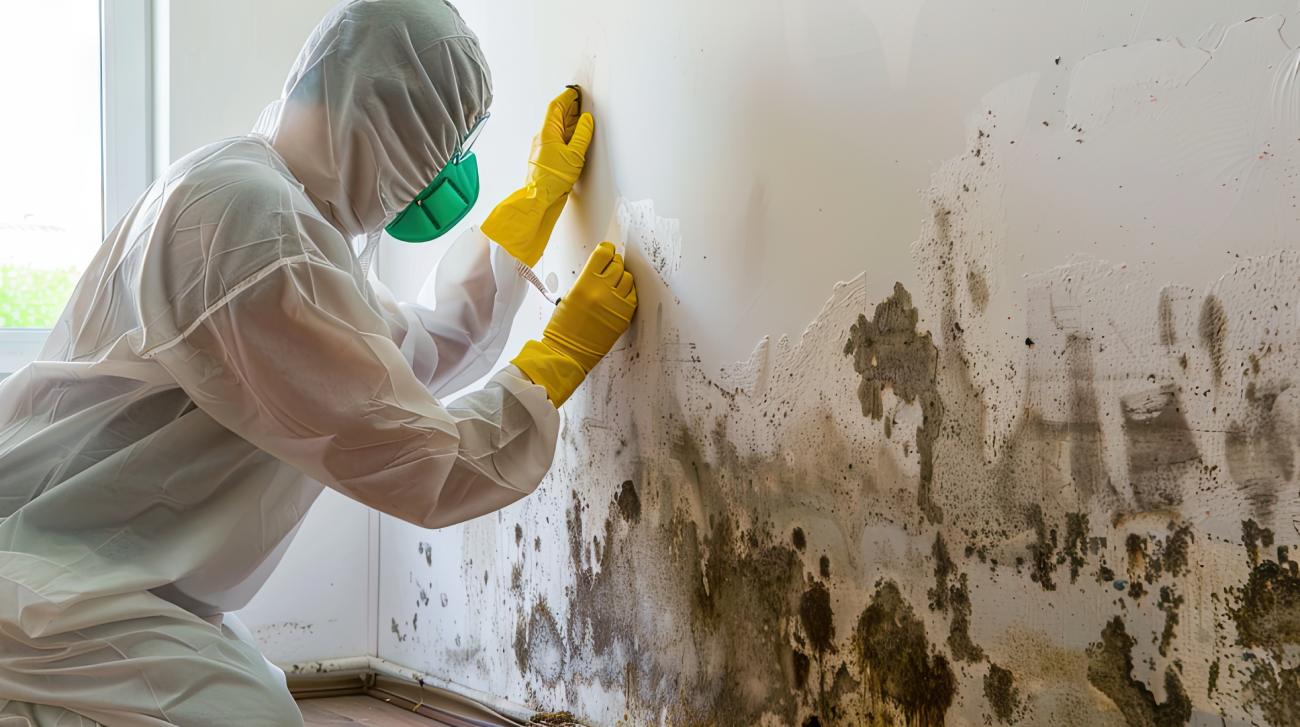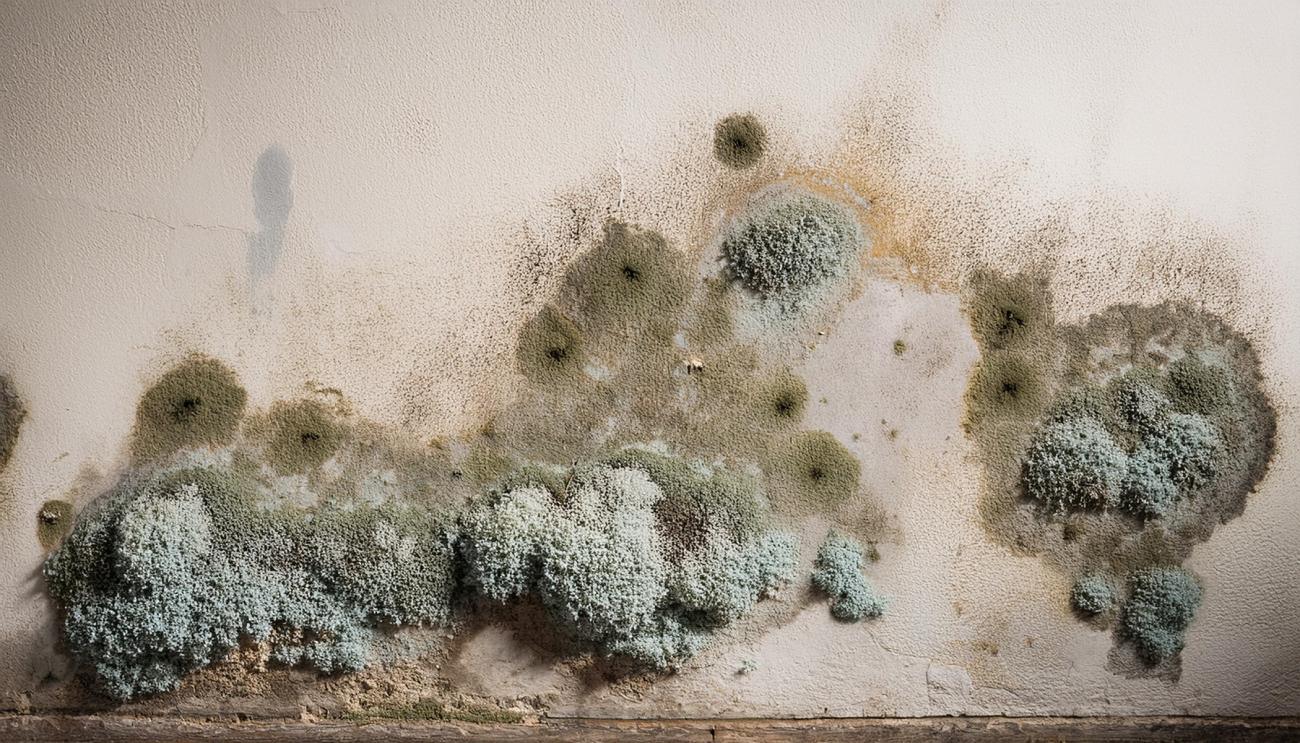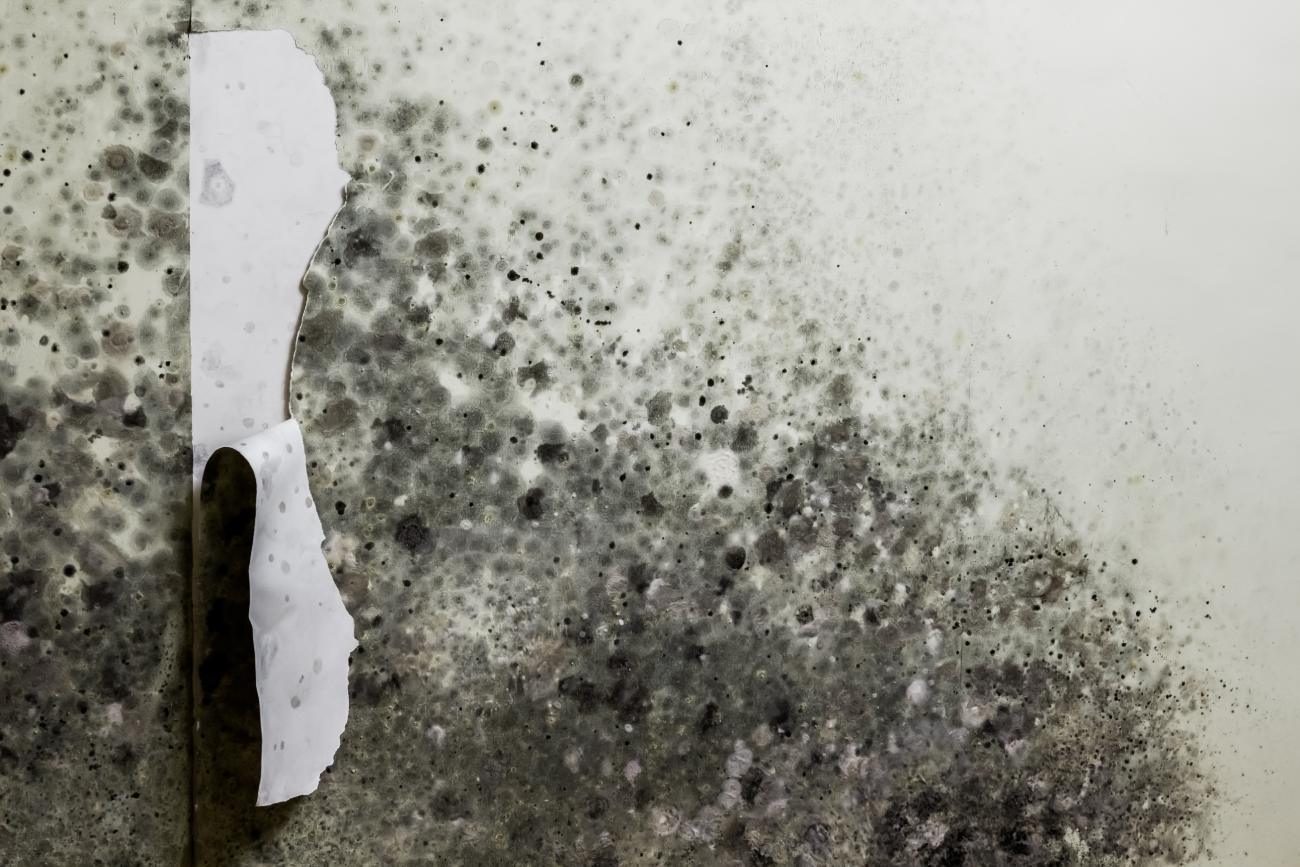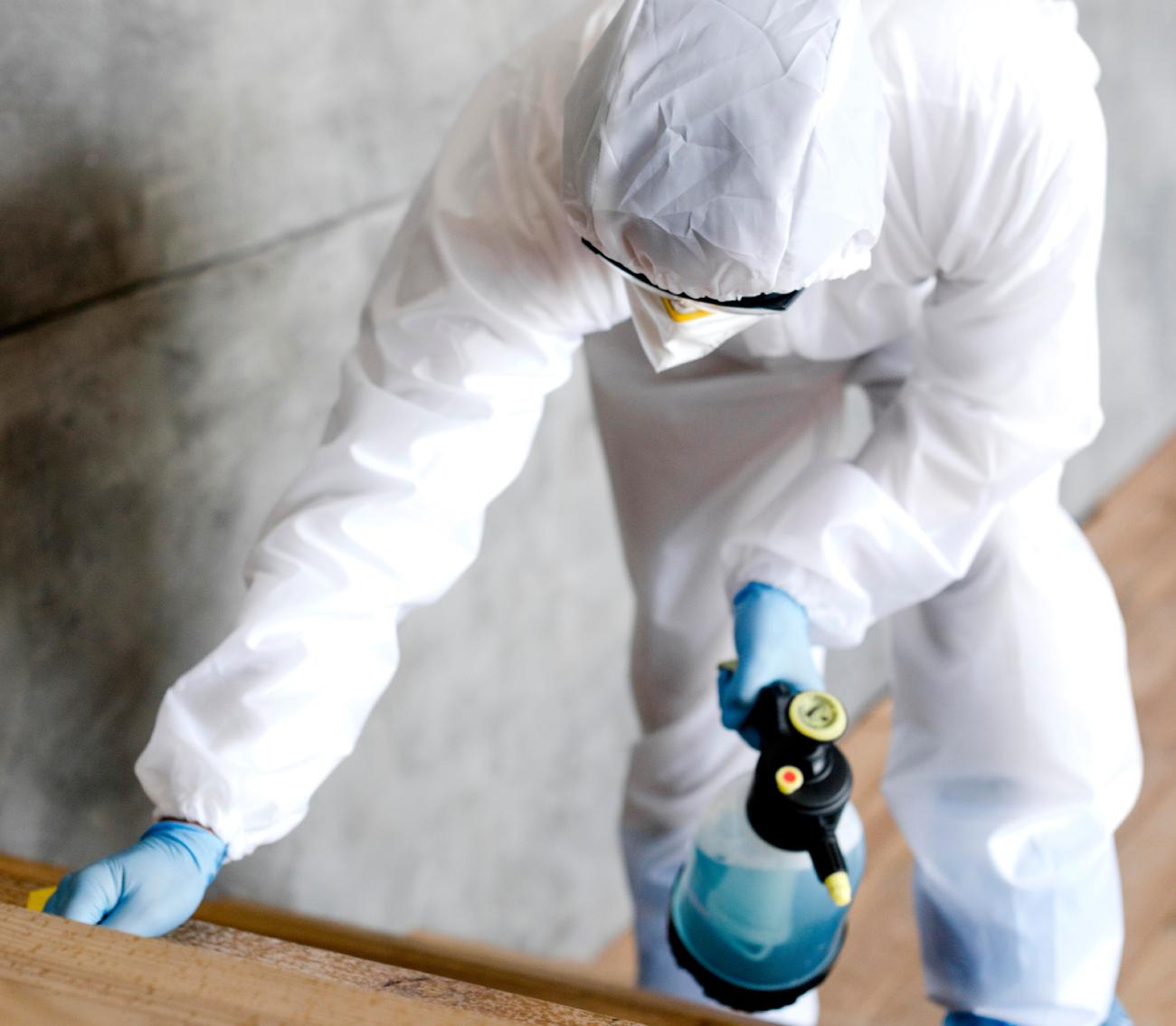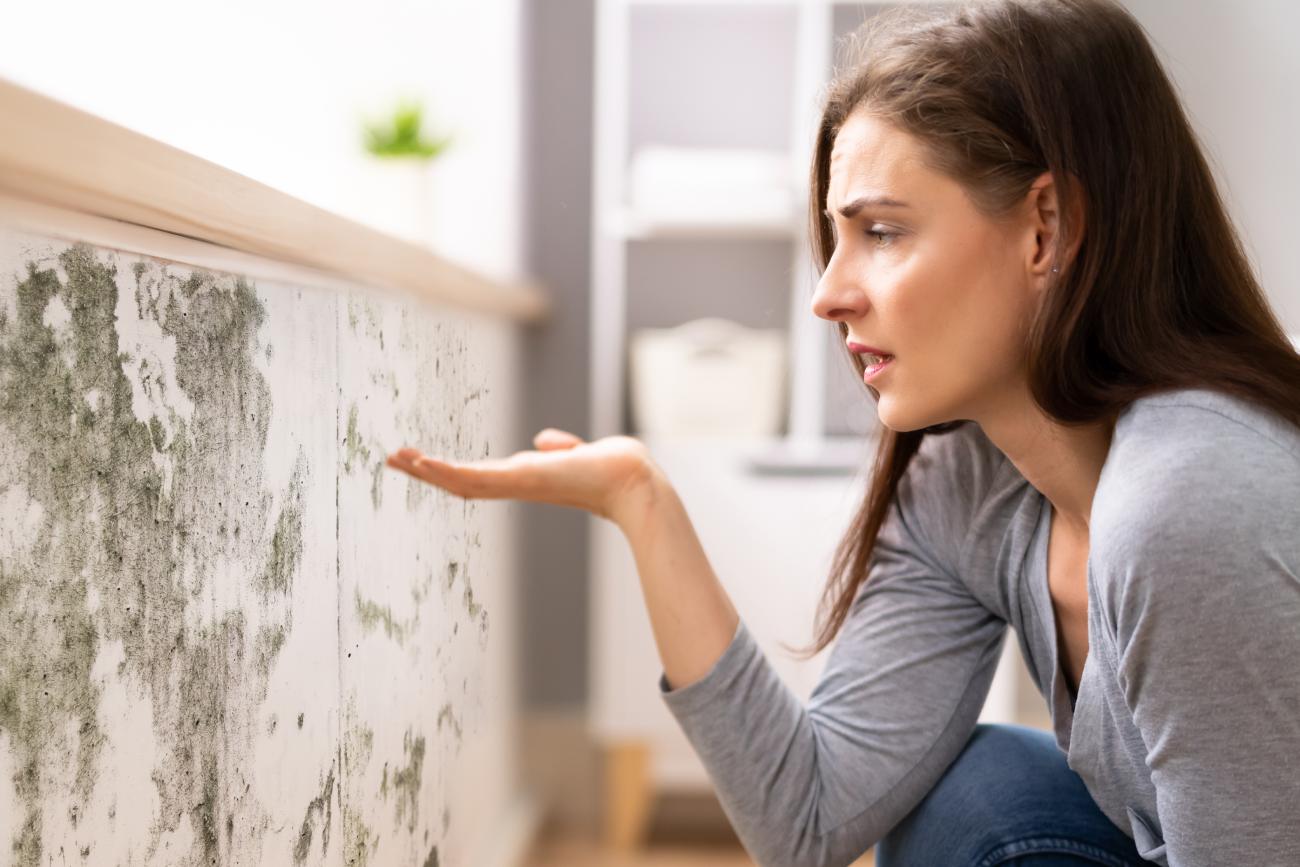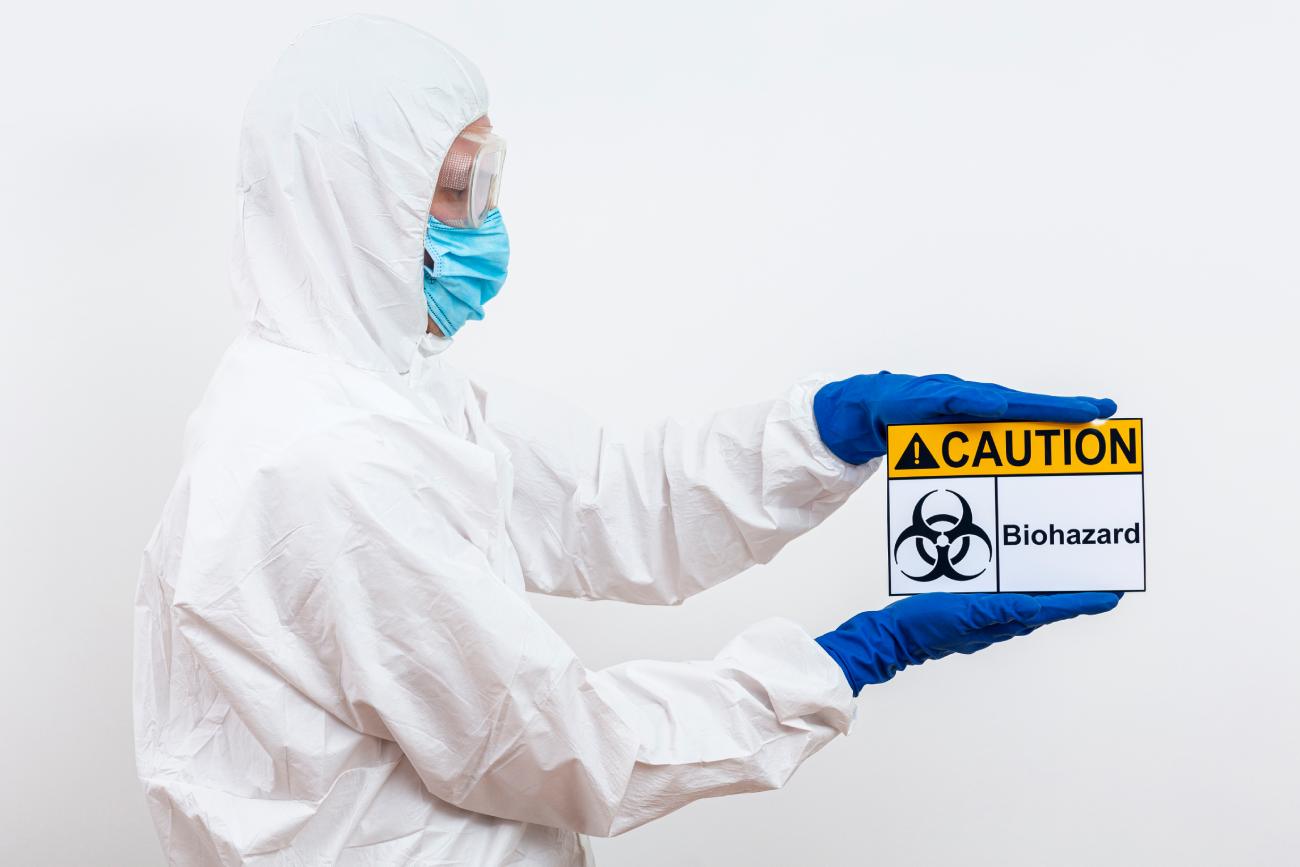When property damage occurs, many Fort Mill homeowners and business owners focus on the immediate cleanup.
Your Local Fort Mill, SC Property Restoration Blog
February 10, 2026
Seasonal Mold Risks in Fort Mill, SC: When Homeowners Should Be Most Alert
Mold growth is rarely a year-round constant.
Read the article